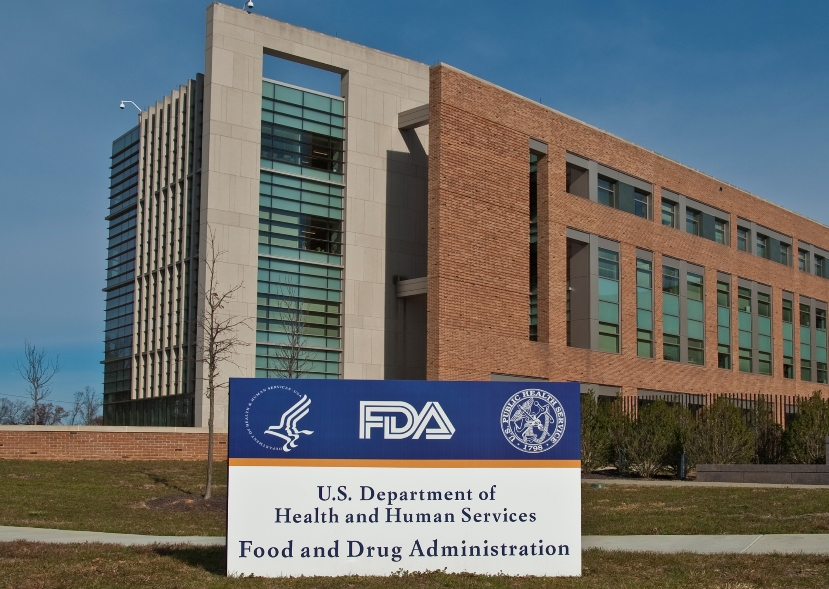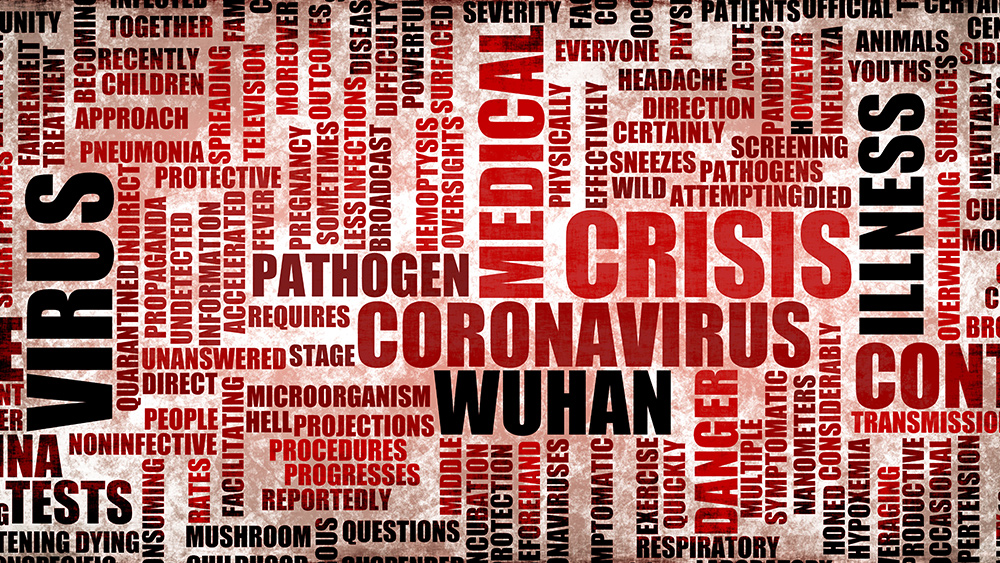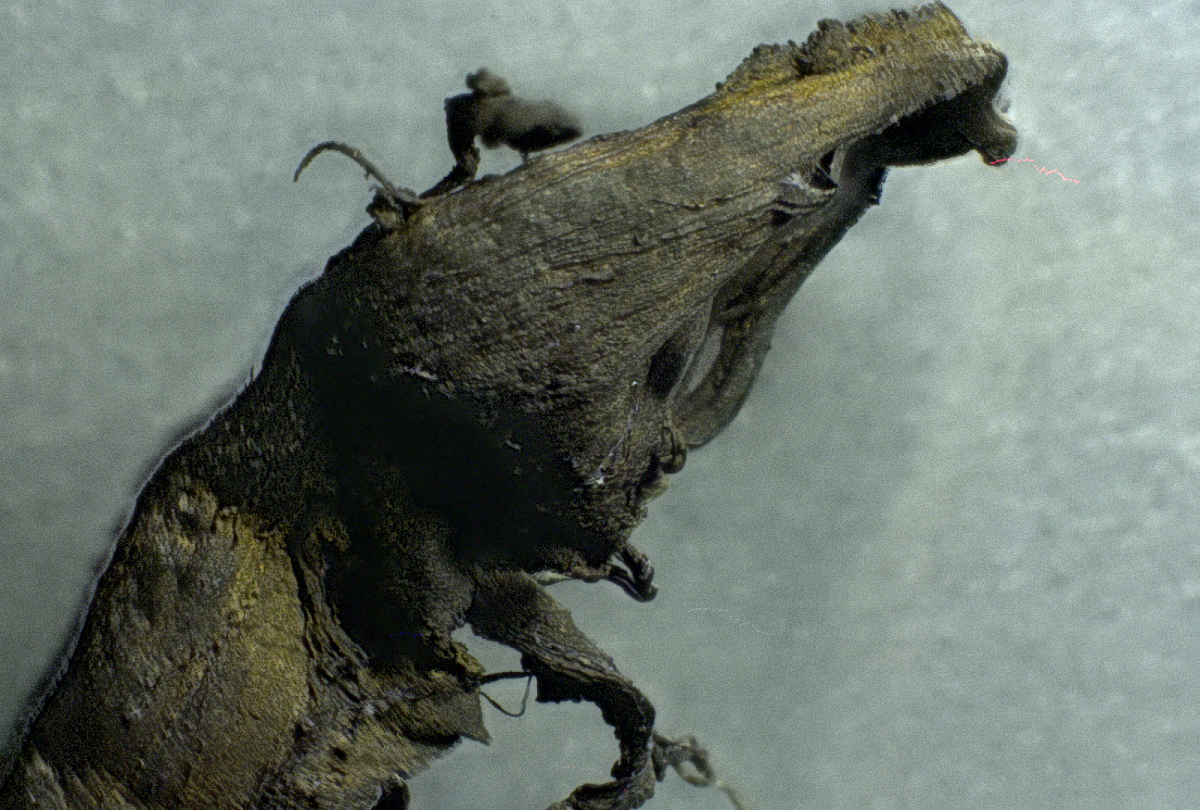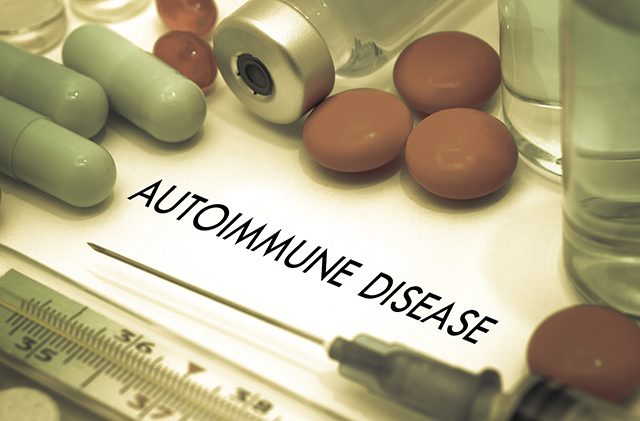FDA greenlights remdesivir for treating coronavirus despite scientific data saying otherwise
11/13/2020 / By Ramon Tomey

The Food and Drug Administration (FDA) approved the use of the drug remdesivir to treat COVID-19 despite an international study casting doubt on its efficacy. The antiviral drug from drug maker Gilead Science was originally meant to treat ebola virus disease before it was reformulated to fight the novel coronavirus. The FDA first authorized remdesivir for emergency use in May, albeit limited to severe cases. However, its emergency use was expanded to all patients.
However, a study by the World Health Organization (WHO) showed that Gilead’s antiviral drug did not lower COVID-19 mortality rates. Eleven percent of 2,743 patients in the study who received remdesivir eventually died; on the other hand, a control group with almost the same number of patients registered an 11.2 percent mortality rate. The study’s authors wrote: ”This absolutely excludes the suggestion that remdesivir can prevent a substantial fraction of all deaths.”
Gilead did not take too kindly to the WHO’s study. In a statement, the company expressed concern that the data from the so-called Solidarity Trials “have not undergone the rigorous review required to allow for constructive scientific discussion.” Nevertheless, it expressed satisfaction over the WHO’s prequalification of remdesivir – assuring procurement agencies such as the United Nations that the drug has met “global standards of quality, safety and efficacy.”
Remdesivir was among the drugs administered to President Donald Trump at the Walter Reed National Military Medical Center, during his short bout with COVID-19 in early October. Trump also received the steroid dexamethasone, which had a much better track record for COVID-19 treatment. Aside from remdesivir and dexamethasone, doctors also administered to Trump a polyclonal antibody cocktail from drug maker Regeneron. (Related: Early intervention played key role in Trump’s COVID-19 recovery, says medical expert.)
Regardless of the WHO’s findings, Gilead still gets the last laugh with the FDA’s approval of remdesivir
The WHO’s findings may have found remdesivir ineffective in treating COVID-19 infections, but it still garnered support from U.S. health officials. National Institute of Allergy and Infectious Diseases Director even remarked that the antiviral drug would “set a new standard of care” for COVID-19.
The company appeared to be sure of an FDA approval from square one; initial coverage of the FDA’s decision barely touched on the data from the WHO trials, which showed remdesivir’s inefficacy. Dr. Scott Gottlieb, the FDA director, said that it would be impossible to determine whether remdesivir benefited Trump despite receiving a course of the antiviral drug at Walter Reed. (Related: Remdesivir shows “limited benefit” during trial, so why did the FDA approve it?)
In August, Gilead said that it planned to produce more than 2 million courses of the drug by the end of 2020, with “several million more” by next year. For now, the company said it would focus on meeting “real-time demand.”
FDA’s approval of remdesivir is a stark contrast to how it disparaged hydroxychloroquine (HCQ) as an approved emergency treatment for COVID-19. Compared to remdesivir with its dismal results, HCQ proved to be effective in addressing symptoms of coronavirus infection. The question now is: Why is HCQ being disparaged as a potential COVID-19 treatment?
Because there is money to be made – billions, in fact.
French physician Dr. Didier Raoult used HCQ, a drug originally intended for malaria, in combination with the antibiotic azithromycin to treat his COVID-19 patients. Raoult’s success spread like wildfire, and Trump even promoted HCQ as a treatment for COVID-19. It wasn’t long until Big Pharma found out about Raoult’s treatment and lobbied France to severely restrict access to the drug.
This prompted the physician to testify against Gilead during a meeting of the French National Assembly. He told French lawmakers that he received anonymous death threats, and a subsequent judicial investigation uncovered that a medical doctor who received huge sums of money from Gilead over the past six years sent the threats.
HCQ’s efficacy as a drug for COVID-19 infection threatens to take away potential profits Gilead Science anticipates with its more ineffective counterpart. Clearly, Gilead’s promotion of remdesivir despite its inefficacy is another example of Big Pharma putting potential profits over long-term wellness in this time of pandemic.
Sources include:
Investor.Regeneron.com [PDF]
Submit a correction >>
Tagged Under:
antiviral, Big Pharma, coronavirus treatments, corruption, covid-19, FDA, Gilead Science, harmful medicine, outbreak, pandemic, pharmaceutical fraud, remdesivir, Wuhan coronavirus
This article may contain statements that reflect the opinion of the author




















